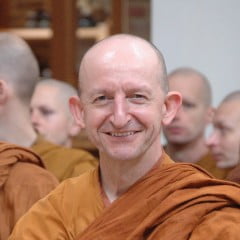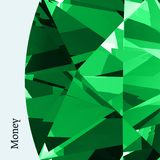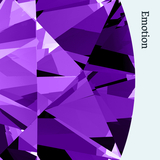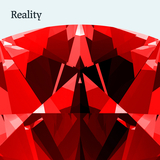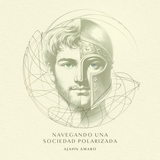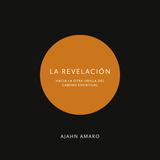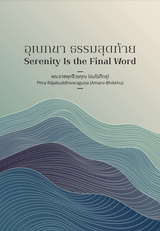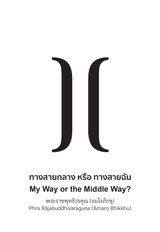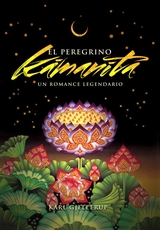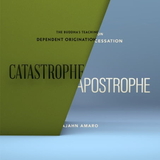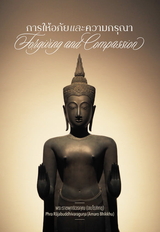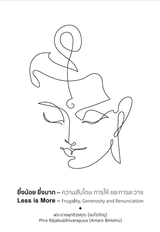The theme for this Dhamma talk is ‘My way or the Middle Way?’ As people might recognize, the title was borrowed from the famous Frank Sinatra song, written by Paul Anka, ‘My Way’, which is the supreme anthem of self-confidence: Through it all, when there was doubt, I ate it up and spit it out. I faced it all and I stood tall, And did...
閱讀更多
The theme for this Dhamma talk is ‘My way or the Middle Way?’ As people might recognize, the title was borrowed from the famous Frank Sinatra song, written by Paul Anka, ‘My Way’, which is the supreme anthem of self-confidence:
Through it all, when there was doubt,
I ate it up and spit it out.
I faced it all and I stood tall,
And did it my way!’
Confidence is definitely a part of the Buddhist path; having faith, having confidence and resolution, these are all aspects of it. But any of us who have spent much time in life trying to follow that voice of self-assurance, of, ‘Even though there is resistance and it is difficult, I’m just going to keep pushing. I will do it my way.’ Or when we are living in a community, or we are in a role of leadership, if we adopt the attitude of, ‘My way or the highway. Either you do it the way I want or you’re on your bike, you are kicked out’ – that leads to stress and difficulty and conflict.
Reflecting on this theme, ‘My way or the Middle Way’, there are certainly beneficial aspects to the quality of self-confidence, self-assurance and resolution, but if that is out of balance, if that is wrapped up in self-view and selfcentred thinking, then necessarily the results are going to be painful. You might get what you want but then there might be a lot of wreckage as well, considerable damage created along the way. Probably most of us have had some situations in life where we have come to the conclusion, ‘Well, I got what I wanted, but was it really worth it?’ or ‘I didn’t realize it was going to be like this.’ Or ‘I thought this was going to make me happier. I got what I wanted but ugh!’
In terms of this theme and what would be useful for us to look at, I feel that it is good to consider the way that we work in life – how we relate to doing, to acting, to choosing, how intentions and actions work together. When we use the kind of confidence expressed by Frank Sinatra, ‘I am going to do it my way!’ if we take that approach in life and we act from a place of self-assertion and we just keep pushing – whether this is with our occupation, or working with our family, or working with the rest of the traffic on the road – if we have that kind of contentious attitude, ‘I am going to make this happen,’ since that is wrapped up with self-view, then any kind of work becomes exhausting. Even when we are working with our minds in the meditation hall, thinking, ‘I am going to get jhāna. I am going to make the Breakthrough, it’s Stream Entry or bust!’ This is a guaranteed way to create suffering. Even the work of training our mind to be peaceful can be stressful and exhausting if that work is based on self-view.
